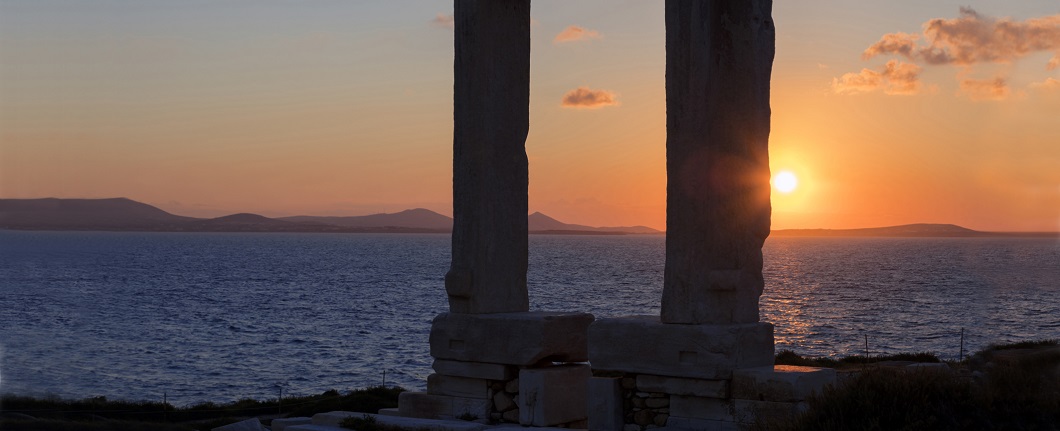Arts and Social Sciences

The Department studies the ancient cultures and languages of Northern Africa, the Mediterranean (including Greece and Rome), and the Near East (Western Asia) and offers modules in Ancient Cultures, Biblical Hebrew, Ancient Greek, Latin and Classical Legal Culture. The study of antiquity enables students to take a critical distance from their own context, to develop an historical awareness, and in doing so, to make an informed contribution to the development of our diverse and changing society.


empty
empty tag
Do I need to know Latin, Greek or Hebrew to be able to take them at university level?
No, not at all. Come as you are, and we’ll take you from the ABC’s to the beautiful world of ancient literature. If you do, however, have matric-level Latin (or equivalent) and wish to continue, feel free to contact us to find out what your options are.
What is Ancient Cultures?
A subject that offers students the opportunity to engage with the literature, history, mythology, everyday life, practices, religions, thought/philosophy, art, politics of ancient people – specifically the ancient Egyptians, Nubians, Kushites, Greeks, Romans, Mesopotamians and others. Unfortunately, Stellenbosch University does not offer archaeology (please refer to our website for more information on what is taught and researched in the Department of Ancient Studies).
Can I do a degree in Ancient Studies?
No. You can, however, do a degree which includes one or more of our subjects. Thereafter, you may decide to do an Honours, MA and PhD in any of the subjects we offer. The BA in Language & Culture allows students to choose Ancient Cultures and an ancient language or two. Please consult the Faculty of Arts & Social Sciences calendar for more information about degree requirements and choices.
What can I do with Ancient Cultures?
In undertaking a BA degree, you are not training for any specific career. What you do with the transferable skills you acquire during your degree is up to you – and the possibilities are endless.
Ancient Cultures is a great companion to many subjects! This is because of the many aspects of ancient peoples’ lives students engage with over their three years of undergrad. Regardless of whether your interest is in literature, politics, history or sociology, Ancient Cultures will give you a unique perspective on people and world. In addition to reading (and understanding!) academic texts, sharpening your own writing and critical thinking skills, some of the skills you will gain during your studies with us include:
- reading different, complex, ancient texts for understanding within their contexts
- reading ancient artefacts within their contexts
- understanding the reception and further development of ancient texts and art, technology etc.
What can I do with an ancient language? Why not study a modern language?
Why not do both? Greek and Latin are two ancestors of a number of languages spoken today (particularly Romance languages – e.g. French, Spanish, Italian)… even English and other Germanic languages have roots in the ancient world. You could also think of ancient Greek, Biblical Hebrew and Latin as opportunities to approach languages in ways that may well expand your vocabulary and improve your command of your mother tongue.
